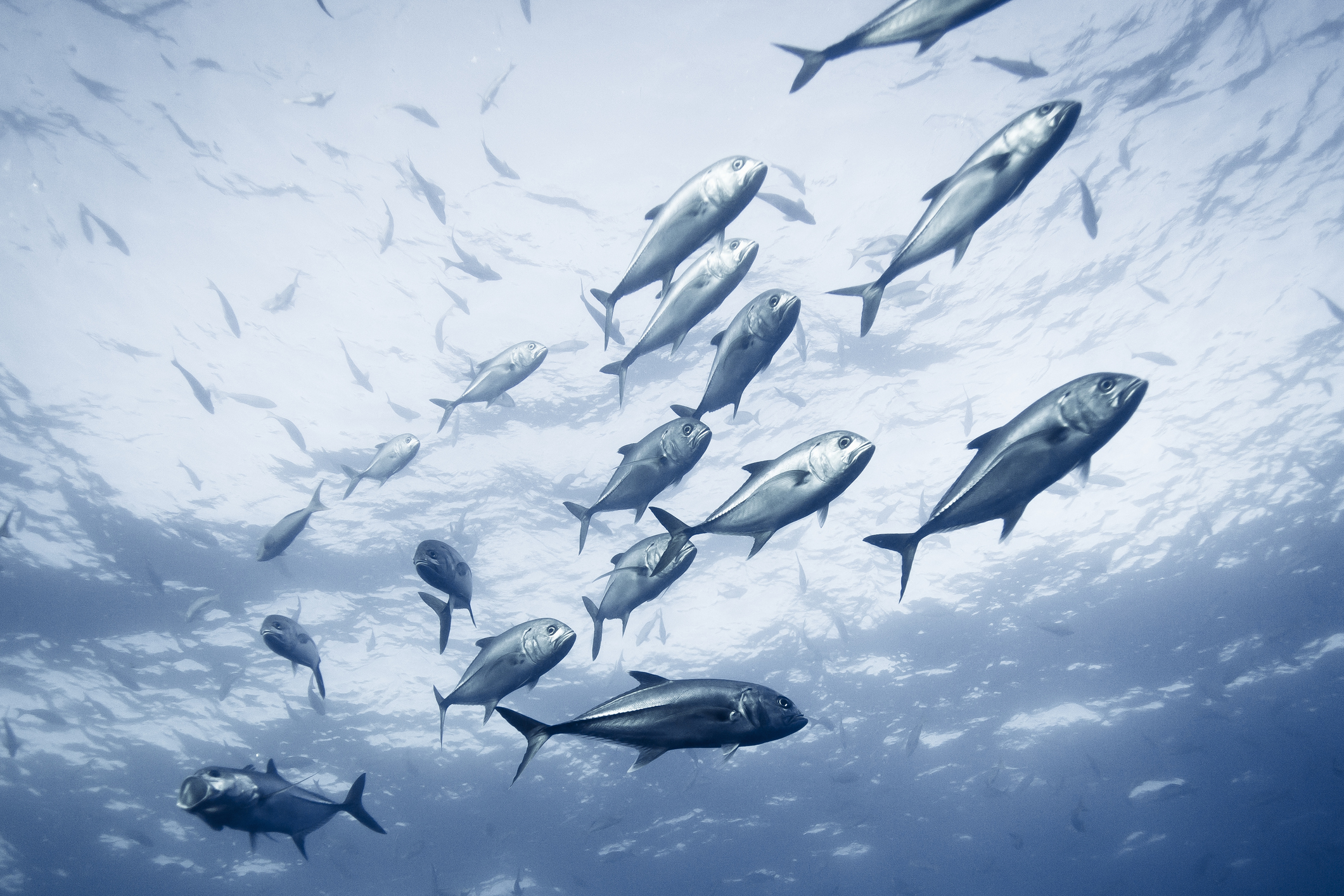
Human activity in the oceans is driving many large species toward extinction, posing a threat to the wider ocean ecosystem, according to new research.
Researchers behind the study, published in the journal Science, looked at fossil records from previous periods to compare the types of animals threatened. In the past, smaller animals tended to face greater extinction risk than their larger counterparts. Today, that has been flipped thanks largely to human fishing and hunting. And the problem has only worsened in recent years as technology has allowed humans to hunt for animals further from the coast and in deeper waters.
“We see this over and over again,” says study co-author Noel Heim, a researcher at Stanford University. “Humans enter into a new ecosystem, and the largest animals are killed off first.”
Read More: An Underwater Investigation of Coral Bleaching in the South Pacific
Researchers note that climate change is not the primary driver of mass extinction in the oceans.
The threat to large animals could create problems for the ocean ecosystems that rely on large animals as their anchor. Large animals sit at the top of the marine food chain help cycle nutrients through the water, according to the study.
On a broader scale, the extinction of large marine mammals could lead to a new geological period defined by human influence. The ecosystems would take millions of years to recover, according to the study.
More Must-Reads From TIME
- The 100 Most Influential People of 2024
- Coco Gauff Is Playing for Herself Now
- Scenes From Pro-Palestinian Encampments Across U.S. Universities
- 6 Compliments That Land Every Time
- If You're Dating Right Now , You're Brave: Column
- The AI That Could Heal a Divided Internet
- Fallout Is a Brilliant Model for the Future of Video Game Adaptations
- Want Weekly Recs on What to Watch, Read, and More? Sign Up for Worth Your Time
Write to Justin Worland at justin.worland@time.com